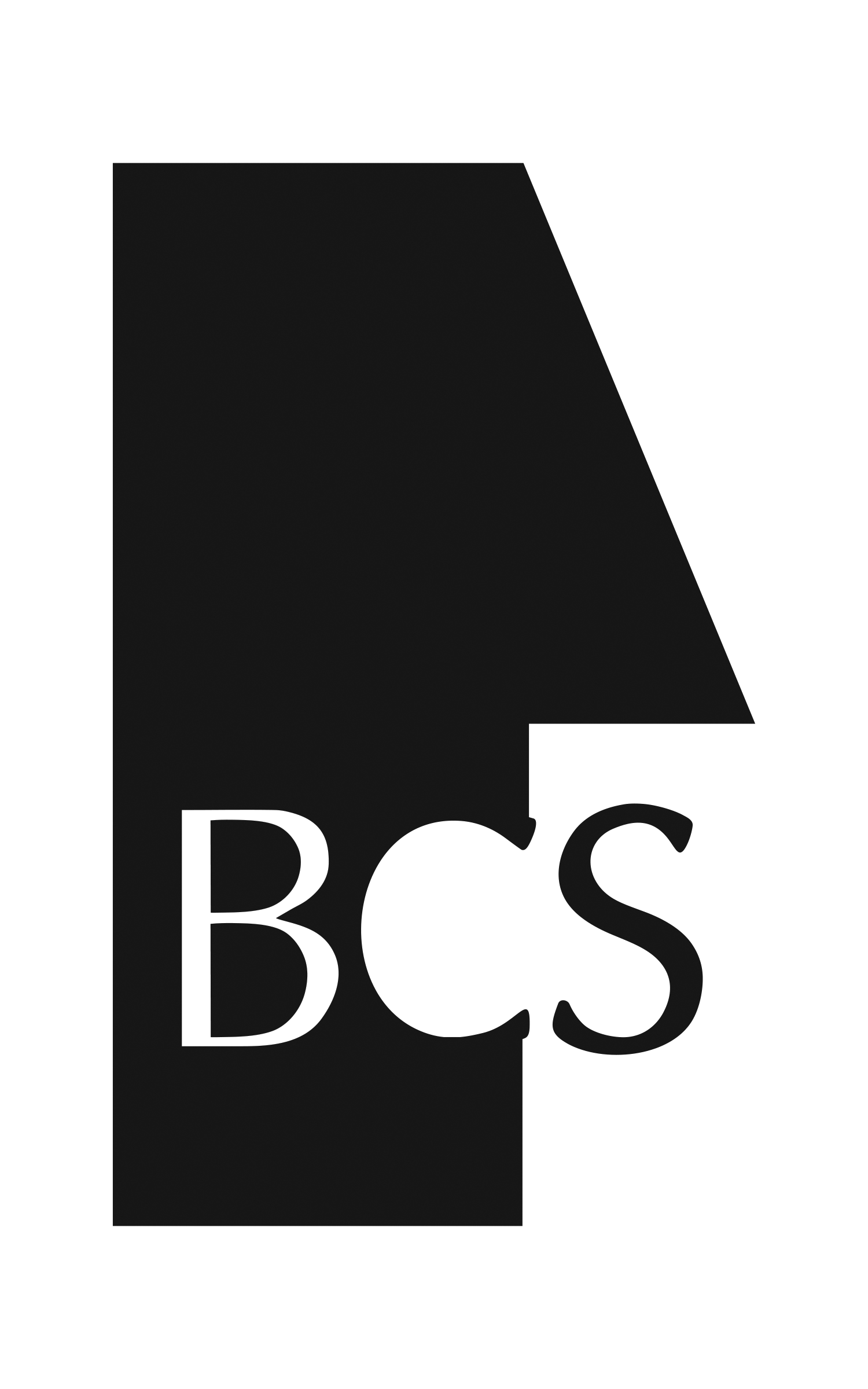In Connections & Reflections no. 25, Russ Lyons, bass and copy editor for this series, steps out from behind the scenes and corralling the commas to share his musical journey from piano to organ to bass-baritone, as well as his musical experiences throughout Europe and the US.
Do you have a story of your journey? Share it with us as we enter into the stillness of winter.
Passions and Adventures
I started piano lessons at age seven. I practiced dutifully, but it was not a passion. In elementary school, I enjoyed singing, but at some point, I “realized” that it was “sissy” for a boy to sing, and so I stopped. In college, I had a wonderful piano teacher, the first one who really taught me how to be musical. I remember in particular being introduced to Bach's Well-Tempered Clavier. One day while practicing, I was struck that I enjoyed playing piano more than doing math, which was my major. At the same time, I realized that I did not want to practice eight hours a day, so I decided to stick to my plan to be a mathematician and keep music as a hobby. Meanwhile, the Cleveland Orchestra played in Severance Hall, an acoustic marvel that was right near campus. As students, we got free or very cheap admission, so I went all the time. The concert I remember most was that of Mahler's Second Symphony, “Resurrection.” It was a revelation, not only of Mahler, but of how spiritual music could be. Until then, I had rejected programmatic music and could not see why people would listen to opera singers “screaming.” I had felt that music should be abstract emotion. I was not in touch with my own emotions when I was young.
When I went to grad school in Ann Arbor to get my Ph.D. in math, I auditioned in the music school to get a piano teacher. I was good enough not to get a student teacher, but that meant that as a non-major, I got the worst faculty teacher! I later discovered that the school also taught organ, so after a year of piano “lessons,” I switched to organ. Although my goal was to play Bach, in one year I did not gain sufficient pedal dexterity, and after that year, I got too busy with my studies to continue music lessons.
Two years later, I was off to Paris for a two-year postdoc. I loved visiting the old churches as a tourist. I was then exploring Christianity, having grown up as a nonpracticing, Jewish atheist, and attended a performance of Bach's St. Matthew Passion. I was very moved by the music and loved the setting in a Gothic church. I recall thinking that it would be extremely difficult to sing that music for someone who believed in the text. But it gave me the idea that perhaps I wanted to sing! I later found a concert of Bach's St. John Passion and still have both librettos.
During a trip to Norway, I wandered into a small church in a small town. I spied an organ and went to examine it. Suddenly a man appeared, asking me if I wanted to try it out. What luck! He then asked if I was free to play at their service that evening. Now, I had never been to a church service, much less played for one. He told me I just had to play a couple of hymns, so, of course, I agreed. When the time came, I did not realize that not all verses would be sung, so I kept playing even when everyone stopped singing! I think the second hymn went better, but the trauma of the first has erased it from my memory. I don't go near organs anymore.
I did not do much about my idea of singing until I came to IU in 1990. As a new faculty member, I got free tickets to the first two operas of the season. The first was Verdi's La Traviata; I thought, well, that's pretty good! The second was Lehár's The Merry Widow; this was hilarious and beautiful! Later, I experienced Puccini and decided that opera could be truly great music.
Soon I took a continuing-ed class offered for people who wanted to learn singing. I went to a BCS concert and was very impressed with the quality of an amateur chorus. Besides the BCS and IU's productions that I attended, a small group of music students put on The Stoned Guest, a “half-act opera” by PDQ Bach (Peter Schickele). It featured gorgeous voices and was very funny; at one point, the sexpot character, Carmen Ghia, went into the audience and sat on my lap! At the time, I also rented two rooms in my house to students, usually music students. The following year, I advertised for a new renter, when who should show up but Carmen Ghia, now dressed primly! She did not recognize me, and I didn't tell her we had met before—until she decided to take the room. Finally, I had a voice teacher, the one who had fallen in my lap.
Enjoying one of Gerry's many jokes during rehearsal.
I was lucky to get into the BCS in 1994, although my voice was definitely inadequate. Gerry put me next to someone who taught me a lot and kept me on pitch. I gradually learned and listened to vocal and choral music, so that it has become by far my favorite genre, eclipsing my love for the piano. For the next 20 years, I traveled for extensive periods and missed some great BCS concerts, including the Passions, alas. In 1996–97, I was in Israel and joined a chorus led by a Russian immigrant (like many of the singers). She rehearsed us in a mix of Russian, Hebrew, and English. I tried desperately to catch the numbers she said in one language or another in order to resume at the right page and measure number. We sang in many languages and kept getting new pieces to sing; for one concert, we got a new piece as we arrived at the concert venue! But amazingly, it all went well. I had more grad student voice teachers in the 1990s, until I spent six months in Spring 2000 at Microsoft Research near Seattle. I asked my teacher here how to get a teacher there, and she asked her own teacher at IU, who recommended Marianne Weltmann. Marianne had sent several excellent students to IU, and in the mid-1990s, IU offered Marianne a job. Marianne was then 65 and decided to stay in Seattle. So I phoned up Marianne and asked her to recommend one of her students. She responded that I should study with her! I didn't think I was good enough for that, or that it was worth paying four times as much per lesson, but Marianne was completely correct. She is a genius. I was lucky to have met her and to have been able to take lessons during my frequent stays in the Seattle area from 2000 to 2018.
I am extremely grateful to be a member of BCS and for Gerry’s musical leadership. One of the things I love about working with Gerry is that he always inspires us in concert. I fell in love with Bach’s cantatas while singing them in three recent concerts. When Gerry first introduced them to us, he played an excerpt by a virtuoso choir. I thought I’d never be able to do that and would have to leave BCS, and yet, Gerry got us to a level so that I did not struggle—I even looked forward to singing the melismas. Poulenc’s Stabat Mater was another pinnacle of my time with BCS, when I got comfortable with tritones. In these concerts, we were so privileged to perform some of the best music ever written, working together with fabulous orchestras and great soloists. While I have long returned to my atheism, I have an emotional affinity for the great religious music we sing and am often very moved by it. Even as a nonbeliever, I have to be careful to keep my emotions in check while singing such music. Music and math give me much and remain my passions.
Musical Offering
In the late 1990s, one of my housemates was a Hungarian violin student who did not have a car. One day I took her with me to go shopping at Bloomingfoods. I turned on the car radio (WFIU), and we were immediately transfixed by the celestial music. It had not ended when we arrived at the parking lot, but we listened until the end and walked to the store in silence. It turned out to be Mahler's Ich bin der Welt abhanden gekommen (I am lost to the world); you can find the words and a translation at https://www.oxfordlieder.co.uk/song/1938



